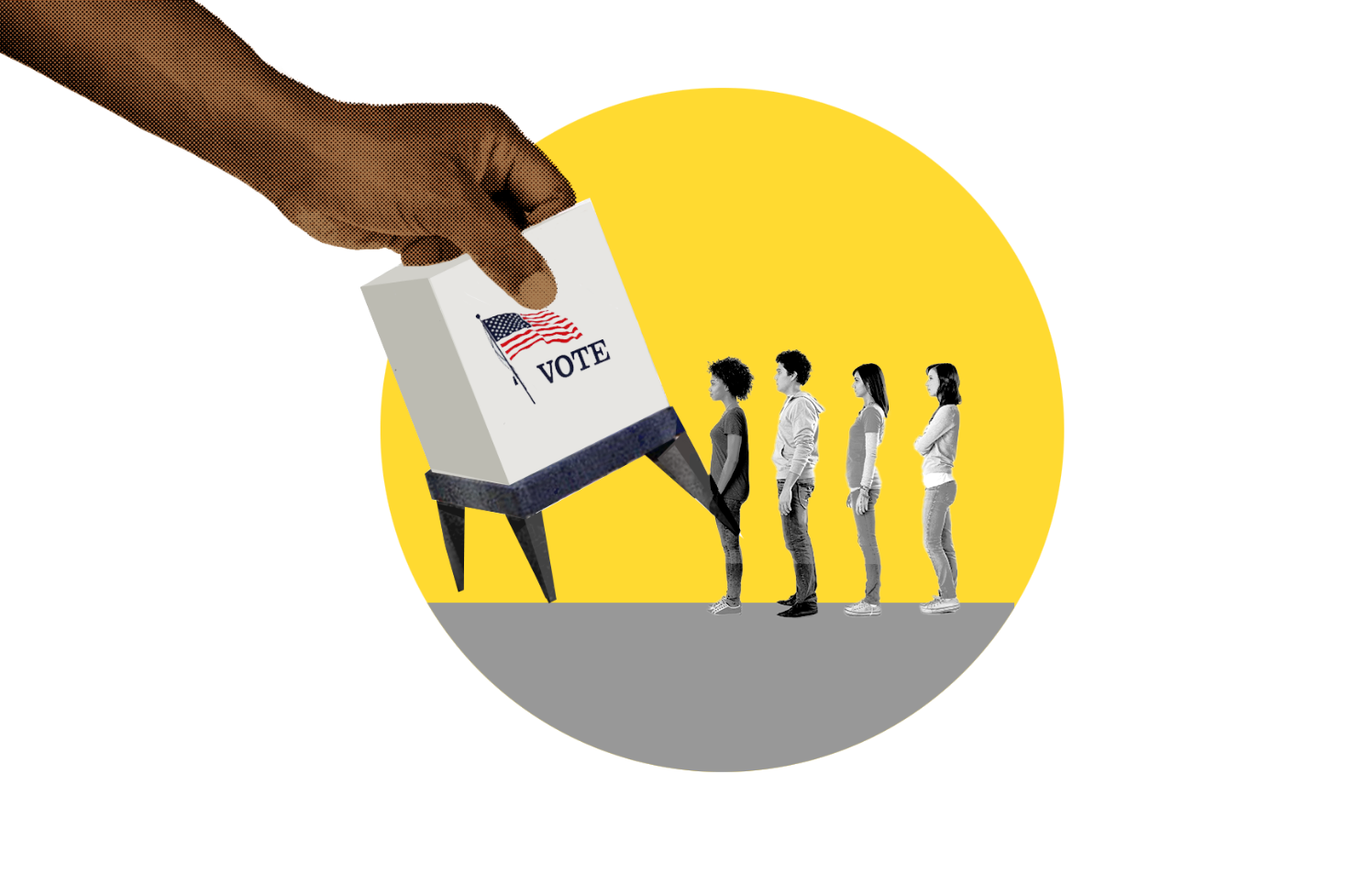The voting rights of people who are currently incarcerated in the United States — as well as those living in our communities but still under probation or parole — are severely limited. Historically and today, several of the states with the most severe restrictions on the vote are in the South.
The SOLVE coalition supports full access to the ballot for all US American citizens of voting age, regardless of criminal status or history.
5.17
Between January 1 and July 14, 2021, at least 18 states enacted 30 laws that restrict access to the vote, including many Southern states. —Brennan Center for Social Justice, July 22, 2021
Voter Protectors
Poll monitors and election protection volunteers serve a critical role during elections. They help strengthen and safeguard our freedom to vote. They also empower others in the community by ensuring that their right to vote is protected.

$1,500-$2,000
Average post-conviction court costs and attorney’s fees Average post-conviction court costs and attorney’s fees Average post-conviction court costs and attorney’s fees Average post-conviction court costs and attorney’s fees Average post-conviction court costs and attorney’s fees
Rights Restoration
Ensuring that all legally eligible people can vote—regardless of how much they make or where they are—is critical to a fair, representative, and strong democracy.
Reentry
People with past criminal records and convictions face lifetime barriers to employment, housing, education, driver’s licenses, and other pathways to opportunity. These barriers make it difficult for returning citizens to achieve what we all seek: to support ourselves and our families, lead fulfilling lives, and positively contribute to our communities. Removing obstacles to opportunity will not only allow returning citizens to move forward with their lives, but also improve public safety and economic prosperity across the South.
Expungement
In 2020, SOLVE Partners published the Umar Muhammad Clean Slate Toolkit, a free resource providing a step-by-step guide to the expunction process. With a typical criminal record expungement costing between $1,500 and $2,000 in court costs and attorney’s fees, the toolkit is designed to help individuals navigate the process independently, making expunctions easier to obtain for people of color and economically underserved populations.
RESOURCES
SCSJ: NC Felony Disenfranchisement
Ask municipalities to exclude prison populations in redistricting
